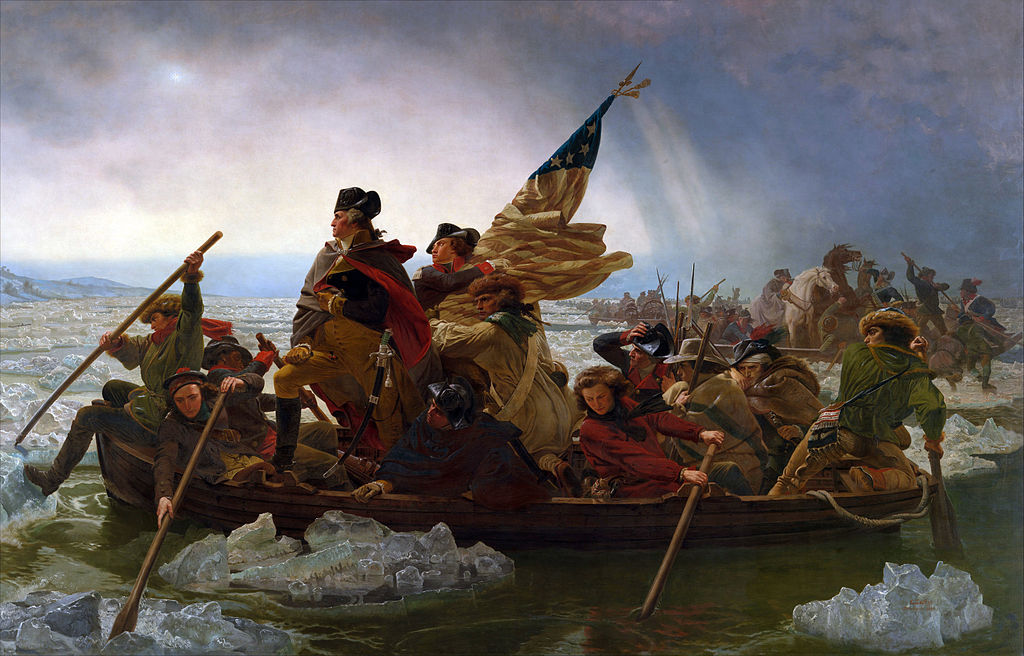Authors:
Historic Era: Era 3: Revolution and the New Nation (1754-1820s)
Historic Theme:
Subject:
Winter 2010 | Volume 59, Issue 4


Authors:
Historic Era: Era 3: Revolution and the New Nation (1754-1820s)
Historic Theme:
Subject:
Winter 2010 | Volume 59, Issue 4

On December 18, 1776, the American Revolution was near collapse. The commander in chief of its forces, George Washington, warned his brothers in Virginia that "I think the game is pretty near up," unless a new army were instantly recruited, which was not happening. In six months of shattering defeats, he had nearly lost the army he'd been given.
Of more than 30,000 soldiers who had fought in the summer, less than 3000 remained. Washington had lost 90 percent of his command. His troops had suffered a catastrophic failure of leadership on every level: strategy, tactics, discipline, intelligence, supply, recruitment. British and German troops occupied large parts of New York, New Jersey, and Rhode Island. In the fall of 1776, thousands of Americans renounced the revolution and renewed their allegiance to George III.
Many in Congress and the army thought that Washington was not up to his job. He himself was tormented by a crushing sense of personal failure, confessing to his brothers, "No man I believe ever had a greater choice of difficulties, and less means of extricating himself."
But in those days that Thomas Paine later called "the black times of '76," Washington also told his brothers that one thing kept him going: "a full persuasion of the Justice of our Cause." With that conviction in mind, he made some of the most extraordinary command decisions in military history. In a moment of apparently utter defeat, he joined the values of the Revolution to the conduct of the War of Independence. With that effort, he started another revolution—in leadership.
He had tried by top-down methods to command an army of cantankerous Yankees, Philadelphia's egalitarian Associators, honor-obsessed Virginians, and ungovernable frontiersmen and thereby learned the hard way that "a people unused to restraint must be led; they will not be drove." He began to work with his army in that new spirit. While still firmly in command, he opened his councils to free discussion. He learned to listen and discovered how to enlist the creativity of free people. With much help from Robert Morris, he built a more flexible supply system. With the advice of Joseph Reed, he organized a new intelligence network in New Jersey. With the assistance of Henry Knox, he massed artillery to support infantry assaults.
Washington's open councils urged him to seize the initiative, concentrate forces, strike hard, and withdraw quickly. They also identified opportune targets in New Jersey. With that knowledge Washington decided to cross the Delaware River to attack a Hessian garrison at Trenton on Christmas night. It was a bold but carefully planned decision. Washington concentrated all his resources in three simultaneous river crossings.
In great secrecy his forces mustered late on Christmas afternoon.
Just as the Americans were crossing, a howling nor'easter struck the region with great violence.